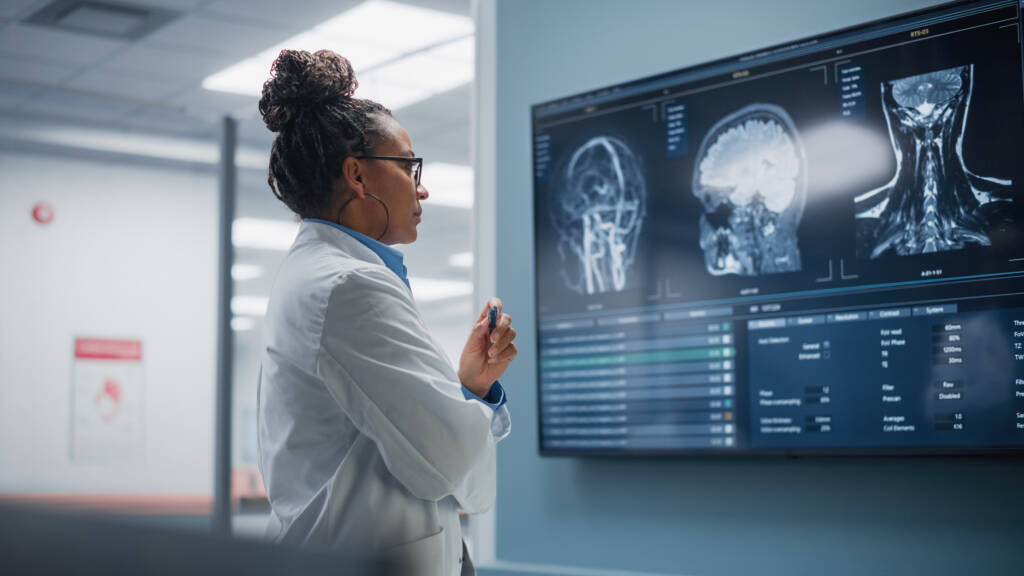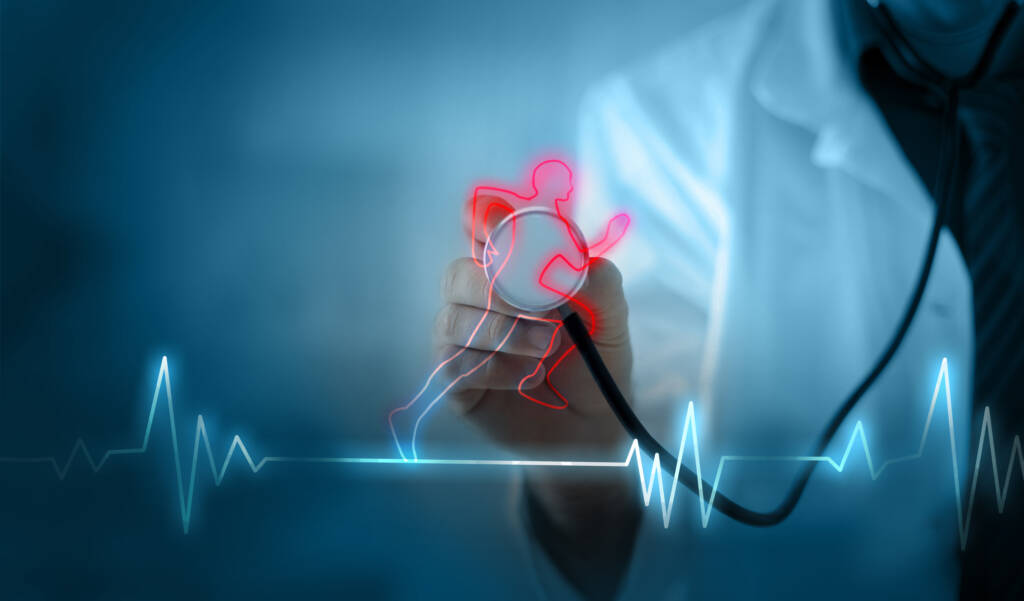
Medical Terminology 1b

Medical Terminology 1b: Discovering Word Foundations
Adding on the prior prerequisite course, discover the medical terminology associated with even more body systems to increase your ability to master prefixes, suffixes, and roots. Connect this language to real-world patients and clinical settings through practical applications and specific scenarios. Launch your health knowledge with detailed medical terms!
During this course, you will learn career-related skills and earn a badge for this accomplishment. A badge is a digital certification of your career-related learning that you can share on social media or with higher education platforms, colleges, potential employers, peers, and colleagues. Select this link to learn more about badges.
Major Topics and Concepts
Unit 1: Waste Away! The Urinary System
Describe the organs of the urinary system and how each functions.
Identify commonly used prefixes, suffixes, and word parts of the urinary system.
Define common conditions and diseases that affect the urinary system.
Explain tests and procedures used in treating urinary system conditions.
Translate medical documentation using abbreviations and medical terminology of the urinary system.
Unit 2: Creating the Future: The Reproductive System
Describe organs of the reproductive system and their functions.
Identify prefixes, suffixes, and combining forms related to the reproductive system.
Define common diseases and conditions that affect the reproductive system.
Explain tests, treatments, and procedures used to treat conditions affecting the reproductive system.
Translate medical terms and abbreviations related to the reproductive system.
Unit 3: Carry It, Clean It, Fight It: Blood, Lymph, and Immune Systems
Describe the parts and organs of the blood, lymphatic, and immune systems.
Identify prefixes, suffixes, and combining forms related to the blood, lymphatic, and immune systems.
Define conditions and treatments that affect the blood, lymphatic, and immune systems.
Explain the tests, treatments, and procedures related to the blood, lymphatic, and immune systems.
Translate medical documents using medical terminology and abbreviations related to the blood, lymphatic, and immune systems.
Unit 4: Superpowers? No, Special Senses!
Describe the organs and parts that make up the special senses.
Recognize prefixes, suffixes, and combining forms used to make medical terms related to the special senses.
Identify conditions and diseases that impact the special senses.
Explain the tests, procedures, and treatments used in diagnosis and treatment of conditions of the special senses.
Transcribe, translate, and abbreviate medical terminology related to the special senses.
Unit 5: Take What’s Needed, Let the Rest Go: The Digestive System
Describe the organs and functions of the digestive system.
Recognize the prefixes, suffixes, and combining forms used to describe terms related to the digestive system.
Identify conditions and diseases that impact the digestive system.
Explain tests, procedures, and treatments used for the diagnosis and treatment of digestive system disorders.
Translate and abbreviate documentation related to the digestive system.
Unit 6: Taking Control! The Endocrine System
Describe the organs of the endocrine system, including their functions.
Recognize and use prefixes, suffixes, and combining forms related to the endocrine system.
Define common diseases and conditions of the endocrine system.
Explain the tools, tests, and treatments used for diseases and conditions of the endocrine system.
Translate medical terms and abbreviations related to the endocrine system.
Unit 7: Providing the Foundation: Medical Specialties
Describe the functions of specialty areas like pharmacology, psychiatry, oncology, genetics, radiology, and pathology.
Recognize prefixes, suffixes, and combining forms used in pharmacology, psychiatry, oncology, genetics, radiology, and pathology.
Identify conditions and diseases diagnosed and treated by pharmacology, psychiatry, oncology, genetics, radiology, and pathology.
Explain tools, procedures, and treatments used by pharmacology, psychiatry, oncology, genetics, radiology, and pathology.
Translate medical documents that include medical terminology and abbreviations used by pharmacology, psychiatry, oncology, genetics, radiology, and pathology.
Unit 8: Putting It Together: A Healthcare Perspective
Identify medical terminology of the respiratory, cardiovascular, integumentary, digestive, urinary, reproductive, musculoskeletal, blood, immune, nervous, and special senses systems.
Break down medical terms of the respiratory, cardiovascular, integumentary, digestive, urinary, reproductive, musculoskeletal, blood, immune, nervous, and special senses systems into parts using your knowledge of prefixes, suffixes, and combining forms.
Translate medical documents of the respiratory, cardiovascular, integumentary, digestive, urinary, reproductive, musculoskeletal, blood, immune, nervous, and special senses systems using knowledge of abbreviations and medical terminology.
Recognize organs of the respiratory, cardiovascular, integumentary, digestive, urinary, reproductive, musculoskeletal, blood, immune, nervous, and special senses systems.
Understand tools, treatments, and tests used for diseases and disorders of the respiratory, cardiovascular, integumentary, digestive, urinary, reproductive, musculoskeletal, blood, immune, nervous, and special senses systems.
Competencies
Urinary System Terminology
Students will demonstrate an understanding of urinary system terminology by summarizing the urinary system, decoding word parts and abbreviations, and explaining urinary system disorders.
Reproductive Terminology
Students will demonstrate an understanding of reproductive system terminology by describing the reproductive system, decoding word parts and abbreviations, and explaining reproductive system disorders.
Blood, Lymph, and Immune System Terminology
Students will demonstrate an understanding of the blood, lymph, immune systems, and special sense by explaining the related organs and their function, diseases and conditions, treatments and tests, and how related medical terminology is communicated in healthcare professions.
Special Senses Terminology
Students will demonstrate an understanding of special senses terminology by describing the special senses, decoding word parts and abbreviations, and differentiating sight and hearing disorders.
Digestive System Terminology
Students will demonstrate an understanding of digestive system terminology by describing the digestive system, decoding word parts and abbreviations, and explaining digestive disorders.
Endocrine System Terminology
Students will demonstrate an understanding of endocrine system terminology by describing the endocrine system, decoding word parts and abbreviations, and explaining endocrine disorders.
Medical Specialties Terminology
Students will demonstrate an understanding of medical specialties terminology by describing medical specialty areas, decoding word parts and abbreviations, and explaining specialty disorders.
Medical Terminology in the Healthcare Setting
Students will demonstrate an understanding of medical terminology in the healthcare setting by describing body systems, decoding word parts and abbreviations, and explaining multi-system disorders.

